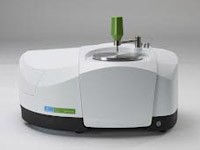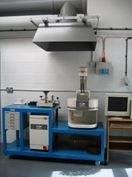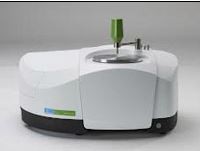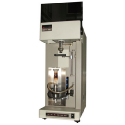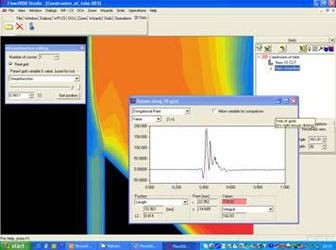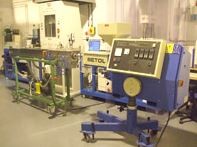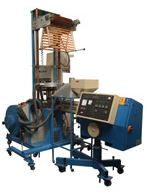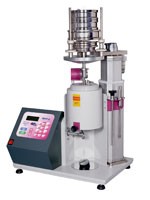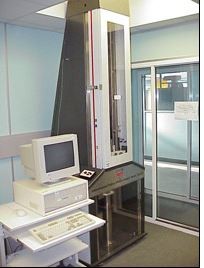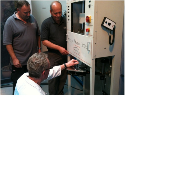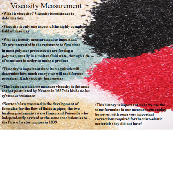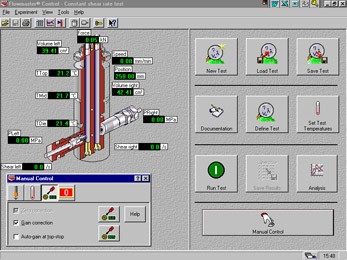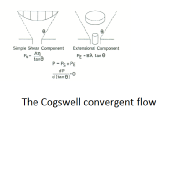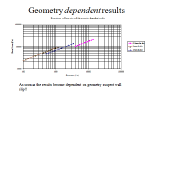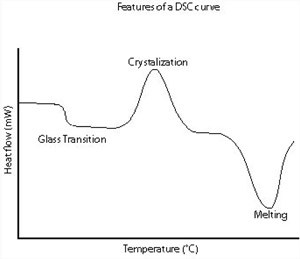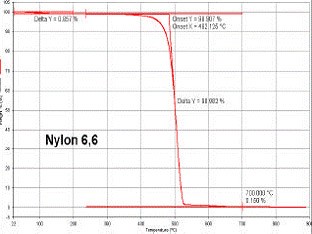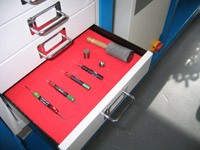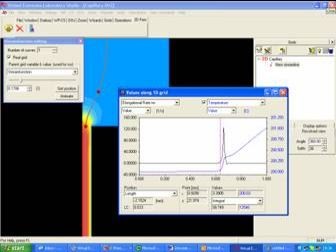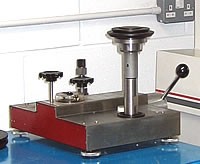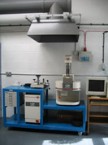Fleming Polymer Ltd
Fleming Polymer Testing & Consultancy is an independent test-house offering the outsourcing of specialised analytical polymer testing facilities to the polymer industry. The business is dedicated to solving polymer problems through sophisticated testing, high level consultancy and process simulation. Our customers, most of whom are household names, are of course the cornerstone of the business, and to this end we appreciate the need to provide rapid solutions.
We deliver value added benefits, which serve both to protect and increase profitability and operate to ISO 9001:2008. The company has been operating for over 15 years, has won a DTI Smart award and been granted a patent for rheometry design.
The company has worked with industry leaders such as; GlaxoSmithKline, BD, Exxon, Uponor, Malvern Instruments, Tyco, TIAutomotive, NPL, Moldflow and Victrex to name but a few. Test Specialisms include;
- Capillary Rheometry
- FTIR
- Extrusion Flow Simulation
- MFR/MVR
- DSC
- TGA
- Instrumented Impact
- Elongational Viscosity
- Compuplast VEL distributor
Filter products and services
-
Capillary Rheometry
Here at Fleming Polymer Testing and Consultancy we specialise in capillary rheometry, characterising a vast range of polymers using the latest Malvern Instruments Rosand twin bore capillary rheometers. Our rheometers replicate the deformation and flow regimes experienced in extrusion. We are experts in interpretation in its own right and using the data for flow simulation when extrusion line trouble shooting is required. Please vist our website for more information or contact us.Request a Quote Supplied by Fleming Polymer Ltd -
Differential Scanning Calorimetry
Differential Scanning Calorimetry (DSC) is widely used to characterise the thermophysical properties of polymers. DSC can measure important thermoplastic properties including: Melting temperature Heat of melting Percent crystallinity Tg or softening Crystallisation Presence of recyclates/regrinds Plasticisers Polymer blends (presence, composition and compatibilityRequest a Quote Supplied by Fleming Polymer Ltd -
Differential Scanning Calorimetry (DSC)
We specialise in differential scanning calorimetry (DSC) used to characterise the thermophysical properties of polymers. Differential scanning calorimetry is used primarily for measuring properties such as:- Melting temperature, Tm
- Specific heat capacity, Cp
- Heat of fusion, Hf
- degree of crystallinity
- glass transition temperature, Tg </ li>
- freezing temperature, Tf,
- oxygen induction time and temperature (OIT)
Request a Quote Supplied by Fleming Polymer Ltd -
DSC
Differential Scanning Calorimetry (DSC) is widely used to characterise the thermophysical properties of polymers. DSC can measure important thermoplastic properties including: Melting temperature Heat of melting Percent crystallinity Tg or softening Crystallisation Presence of recyclates/regrinds Plasticisers Polymer blends (presence, composition and compatibilityRequest a Quote Supplied by Fleming Polymer Ltd -
Elasticity in Plastics Processing
A laser die swell system has been added to the Malvern Instruments Rosand RH7 twin bore capillary rheometer. The system allows the accurate and continuous measurement of polymer die swell, which is an important rheological measurement, instrumental in the understanding of elasticity. Elasticity is important in polymer extrusion, since most polymers in the melt phase are viscoelastic. Such materials will swell to some degree on exiting a production die; a problem if you want your extrusion to share the dimensions of your die! Melted polymers, in most cases, experience stretching through extrusion dies, and due to the restoring forces generated, will try to return to their original state on exit (swelling). The magnitude of the restoring forces defines the elasticity, which can be hard to measure in an absolute fashion (first normal stress difference, N1), however, die swell, is a convenient way to infer the elasticity; the greater the swell, the more elastic the polymer. In this way, screening of various grades can predict which are more elastic and which will swell more. Once elasticity is inferred, a designer can work on either refining the die design and/or process conditions to achieve the desired degree of swell, or the grade could be switched altogether in favour of a more suitable alternative. In either case, knowledge of this important rheological parameter allows choices to be made which may otherwise appear impossible. The measurement is described in ISO11443:2005, 8.7 'Determination of extrudate swelling' and constitutes an extension to the already comprehensive rheometry test suite offered by FlemingPTC.Request a Quote Supplied by Fleming Polymer Ltd -
Elongational Viscosity
Determined via the Cogswell convergent flow model. Elongational viscosity, or the resistance to elongation is known to be sensitive to material structure (MWD and chain branching). Dissimilar MWD can often be resolved in radioactive and peroxide cross-linked LLDPEs that other techniques (shear viscosity and MFI) are blind to. Branching differences, such as those seen in HDPE and LDPE, can also be differentiated as can changes due to catalyst type using this measurement.Request a Quote Supplied by Fleming Polymer Ltd -
Extrusion Laboratory (VEL) software
Fleming PTC is the UK distributor of the Compuplast Virtual Extrusion Laboratory (VEL) software which can be used to simulate almost all areas of polymer extrusion from extruder screws to coathanger dies, chill rolls to calibrators, complex 3D profiles and many more. If you suspect an extrusion line problem give us a call.Request a Quote Supplied by Fleming Polymer Ltd -
Extrusion Testing
Our extrusion capability is broken down into two parts, extrusion compounding and pilot-scale blown film. Extrusion compounding is achieved using a Betol 25mm diameter single screw extruder, water bath and pelletiser. The extruder can also be used to validate characterised polymers for the flow simulation software. The pilot-scale blown film line is ideal for mono layer film trials, formulation optimisation and die validation.
For more information, please see our video.
Request a Quote Supplied by Fleming Polymer Ltd -
Flow Simulation
Flow simulation can recreate polymer behaviour in nearly all areas of extrusion, from screw to die to calibrator. Simulation helps to eliminate the need for expensive trails using real people and materials on real plant. Software from world leaders Compuplast can host a full range of virtual extrusion environments and scenarios to produce results in minutes. We are able to simulate:- Pipe extrusion-mono and co-extruded
- Film-mono and multi layer
- Profile extrusion-mono and multi layer
- Flat die (coathanger dies)
- Side fed/wire coating dies
- 2D and 3D simulations
Request a Quote Supplied by Fleming Polymer Ltd -
FTIR
We have recently added the technique of Fourier transform infrared spectroscopy or FTIR. To this end, a Spectrum Two with ATR has been purchased from industry leader Perkin Elmer and has rapidly confirmed itself as a complementary and staple polymer characterisation test. FTIR enables the rapid identification of many polymers and polymer additives. A further enhancement in April of this year saw the addition of access to the vast Bio-Rad database enabling spectra identification in seconds.Request a Quote Supplied by Fleming Polymer Ltd

